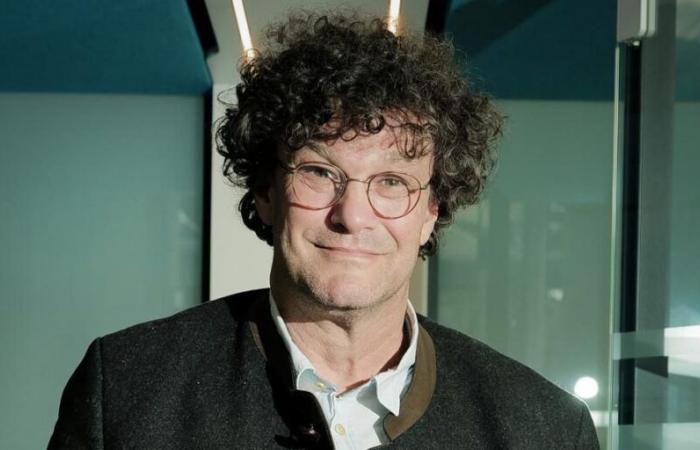The guest –
Highway widening won’t solve congestion problems
Vincent Kaufmann and sixteen other people from the academic world sign this article linked to the vote on the highways.
Vincent Kaufmann– Professor at EPFL
Published today at 06:41
Subscribe now and enjoy the audio playback feature.
BotTalk
The vote on the widening of six sections of motorway for 5.8 billion Swiss francs (including noise protection and wastewater treatment) is the subject of a very lively debate. Of course, congestion is an important issue for many people and policy and planning responses are needed to address the current situation.
But would widening highways really achieve the desired goal of reducing traffic jams? Research tells us no. As professors and researchers in the field of transport and mobility active at Swiss universities, we would like to explain why in the following paragraphs.
There are various political reasons to be for or against the proposed highway widening. However, some of the arguments used in the debate do not stand up to the scrutiny of well-established scientific evidence. We are publishing this column to reestablish the truth, so that citizens can form an opinion and vote with full knowledge of the facts.
-
It is scientifically proven that the creation of a new transport offer (via widened or new roads) leads to an increase in demand. This phenomenon of induced traffic, which applies to all modes of transport, has been observed numerous times throughout the world as well as in Switzerland. In the short term, new infrastructure can relieve congestion. However, people adapt their mobility to the available infrastructure by changing their habits, moving to another place of residence, reaching other destinations, etc. These decisions may be relevant on an individual level, but when aggregated, they create additional demand.
-
The increase in traffic will not only cause congestion in the same places after a few years, but it will also move them to other points on the network. It will not be long before other “bottlenecks” appear, particularly at the entrance to cities.
-
Increasing road capacity, despite the intention to reduce traffic congestion, will lead to an increase in the number of people traveling by car. The widening of roads therefore goes against the modal shift set by the Confederation and the cantons (in their climate strategies, their planning models, their agglomeration policy, their investments in public transport and cycling infrastructure, etc. .). The impacts of adding lanes are significant – loss of agricultural land, noise, air pollution and greenhouse gas emissions – and run counter to other national policies and collective interests.
-
Finally, while the automobile brings many advantages in terms of accessibility, it imposes significant costs on society.. A recent report from the Confederation shows that private motorized transport involves nearly 19 billion francs in external costs each year (due to effects on the environment, health, etc.). This corresponds to around 15 cents per passenger kilometer traveled.
As professors and researchers in the field of transportation and mobility, we believe it is our duty to share this conclusion: widening a highway not only does not solve the problem of congestion, but it exacerbates it in the medium and long term. This is an important question that requires further planning and policy answers.
The signatories
Present. Michel Bierlaire (EPFL), prof. Francesco Corman (ETHZ), prof. Yves Delacrétaz (HEIG-VD), prof. Alexander Erath (FHNW), prof. Olivier Gallay (UNIL), prof. Eva Heinen (ETHZ), prof. Vincent Kaufmann (EPFL), Dr Anastasios Kouvelas (ETHZ), prof. Virginia Lurkin (UNIL), Dre Lisa Moussaoui (UNIGE), prof. Timo Ohnmacht (HSLU), prof. Patrick Rérat (UNIL), Dre Tiphaine Robert (UNIL), prof. Thomas Sauter-Servaes (ZHAW), prof. Dorothea Schaffner (FHNW), prof. Laurent Tissot (UNINE), prof. Kenan Zhang (EPFL).
Did you find an error? Please report it to us.
0 comments






